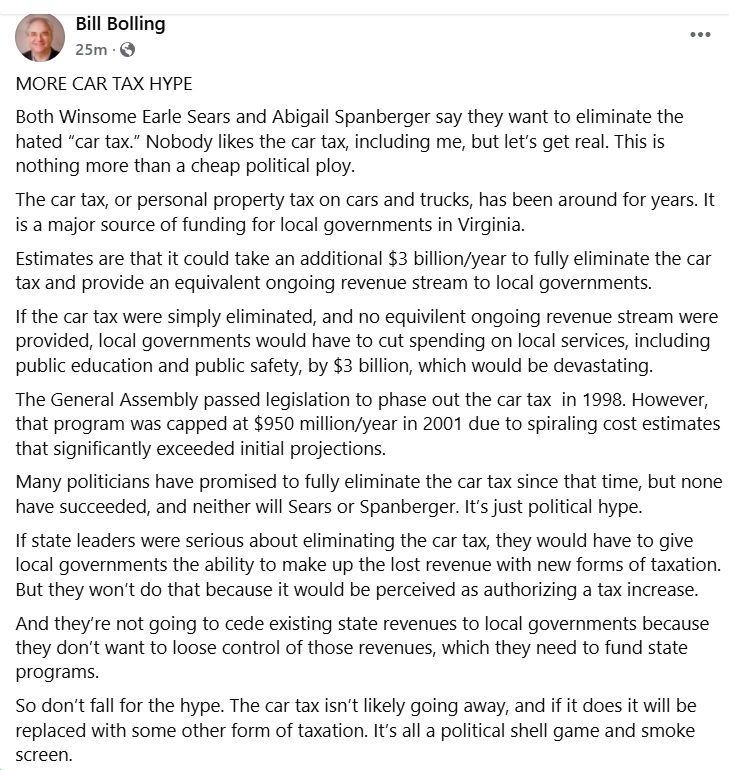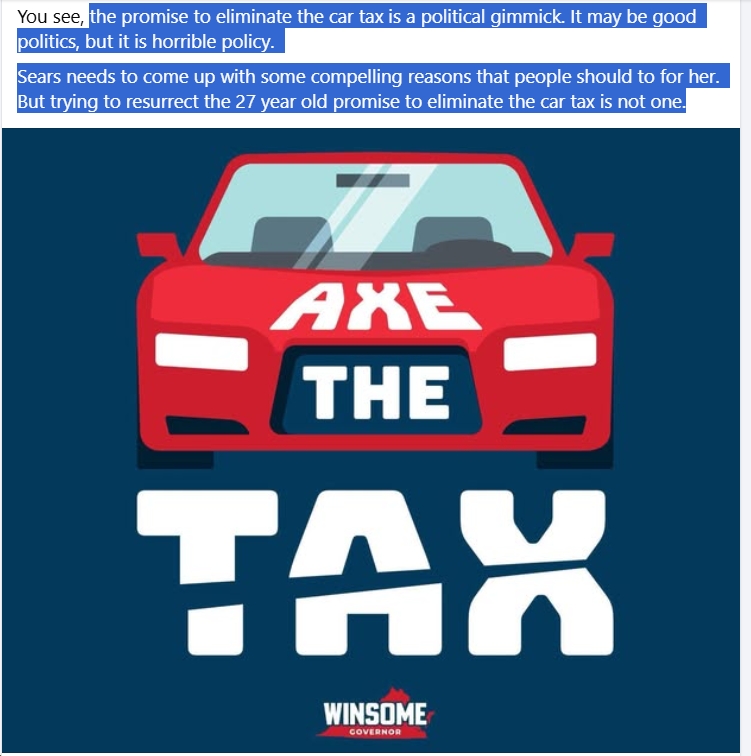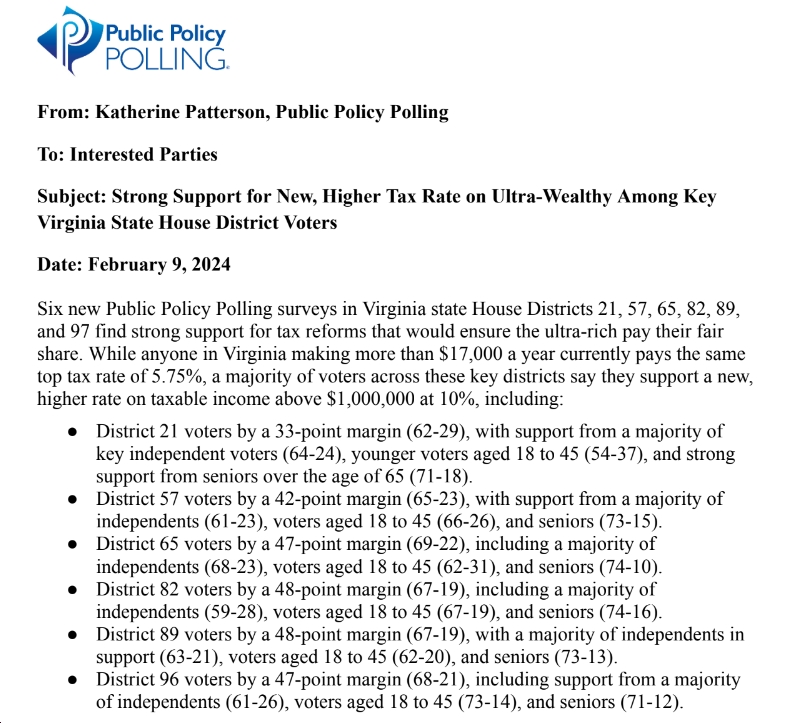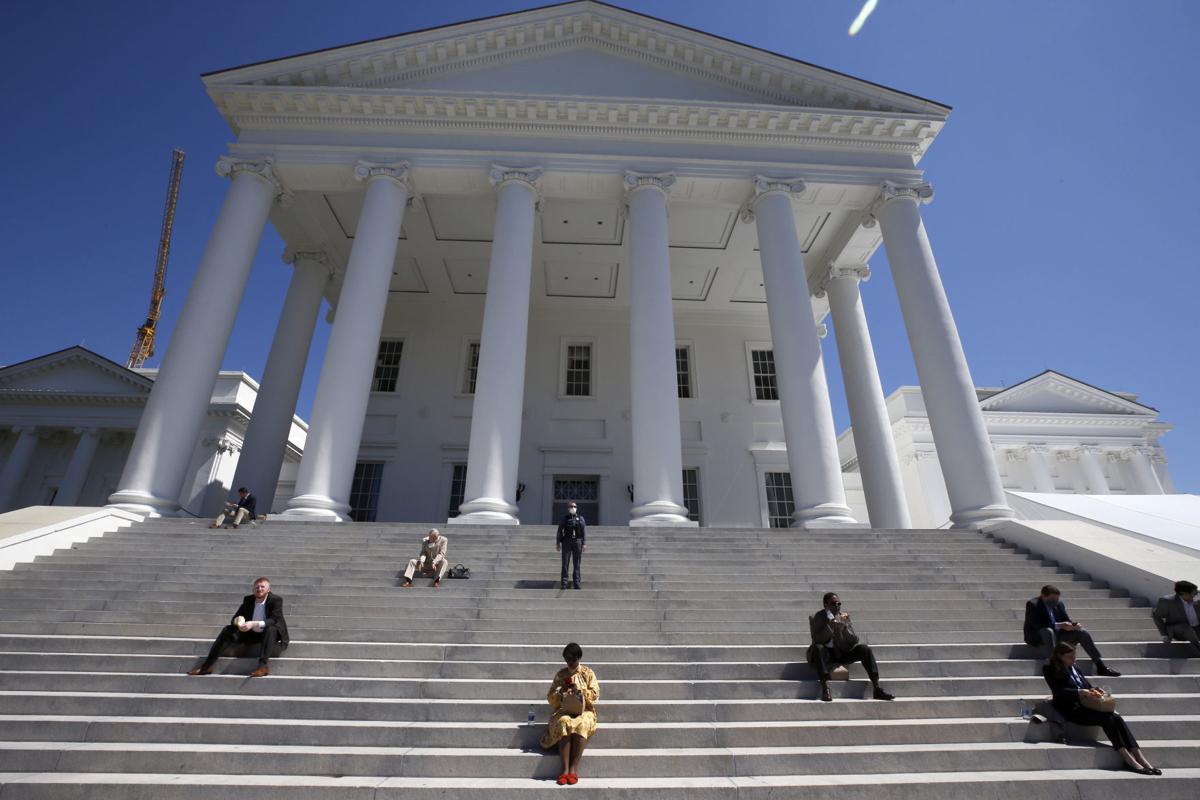Good stuff, as always, from The Commonwealth Institute:
If everything goes according to schedule, Virginia’s tax department will begin issuing $110 refund checks — $220 for joint filers — to Virginia taxpayers beginning next week and continuing through the first half of October. The checks are the result of tax legislation signed into law earlier this year. Unfortunately, not every tax filer will get a check. Over 1 million tax filers in the state will miss out altogether, which is about 3 in 10 tax filers in Virginia. And some checks will be less than the full amount.
Many taxpayers will not receive checks because their state income tax liability is already offset by existing deductions, credits, or other provisions. Earlier this spring, the governor proposed a budget amendment that would have extended fall refund checks to additional taxpayers — by excluding tax credits from the eligibility determination — and this change was expected to provide checks to an additional 151,000 taxpayers. The House agreed to this amendment by a vote of 62-37, but it was defeated in the Senate on an 18-20 vote.
Although this group of taxpayers does not owe state income taxes after they apply their deductions and credits, they pay a large share of their income toward other state and local taxes — particularly sales and excise taxes. Households with annual income under $22,000 pay, on average, 9.6% of their income in state and local taxes, while households that have annual incomes of $587,000 and above pay only 7.0% of their income in state and local taxes.

Due to historical and present-day barriers for communities of color — like lack of access to high-quality schools — which have contributed to wide income disparities by race, working people of color, particularly Black and Latinx workers, are more likely to be paid low wages and to feel a larger impact from Virginia’s upside-down state and local tax system. As a result, it’s many of these families of color who will likely miss out on the refund checks.
And in terms of geography, taxpayers from smaller towns and rural communities are likely to be among those taxpayers who will miss out on the checks. That’s because about 1 in 4 filers who live in those areas receive the federal Earned Income Tax Credit (EITC), which is a tax credit for working families. Filers in Virginia who claim the federal EITC are also eligible to claim the state EITC on their state tax returns, which equals 20% of the federal credit.
Virginia’s Secretary of Finance Aubrey Layne has described other reasons why some taxpayers will not receive checks:
- Some filers will have their refund check used to offset outstanding debt as part of the state’s “debt set off” program.
- To be eligible, taxpayers needed to have filed their state return by July 1, which means filers with extensions will miss out if they filed after that date.
- In 2018, the state received 348,000 returns between July and December.
- Some returns will get flagged by the state’s refund fraud unit, and those filers will be required to submit additional documentation in order to have their return processed.
- Some of these filers could end up being eligible for the refund checks, but in those cases, their refund checks might be sent out after October.
- Some returns will contain errors that require corrections and additional documentation. The estimated number of such returns is about 10,000.
- Some checks will be returned as “undelivered” but may eventually be delivered at a later point in time.
Together with lower income taxpayers whose state income tax liability is offset by deductions and credits, these groups add up to over 1 million taxpayers who will miss out. And there are additional taxpayers who will only get partial checks because their liability is mostly offset by deductions and credits. Adopting a refundable EITC or distributing checks regardless of tax credit receipt would have provided tax relief to more working families with incomes below $50,000. Looking forward, as a result of the 2019 tax law, Virginia lawmakers will need to make another set of tax policy decisions in the 2020 legislative session. As those discussions begin, lawmakers must think about which taxpayers are included or excluded from their policy choices.
— Chris Wodicka, Policy Analyst
















